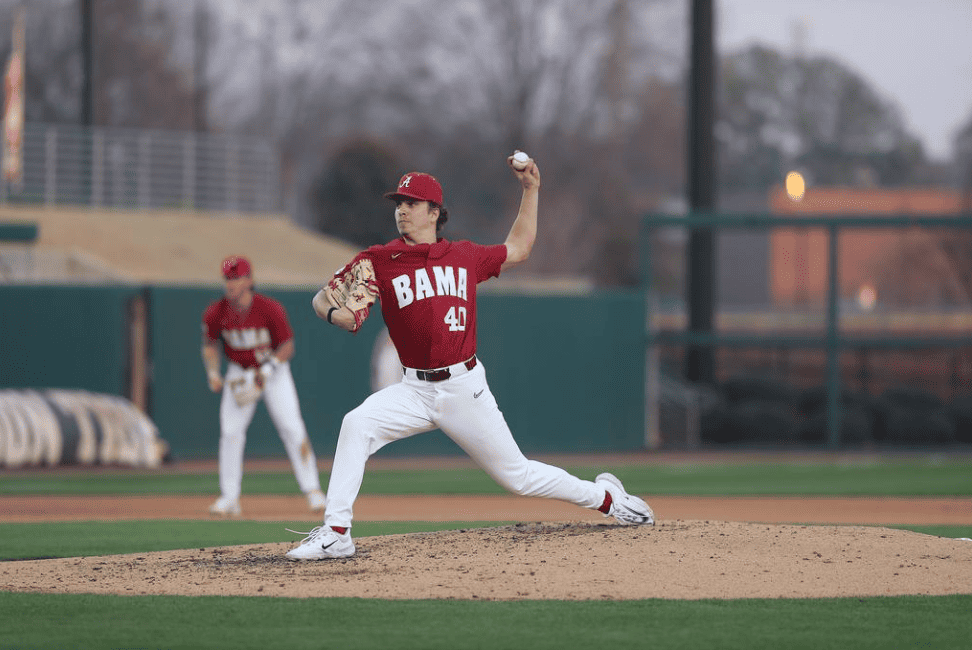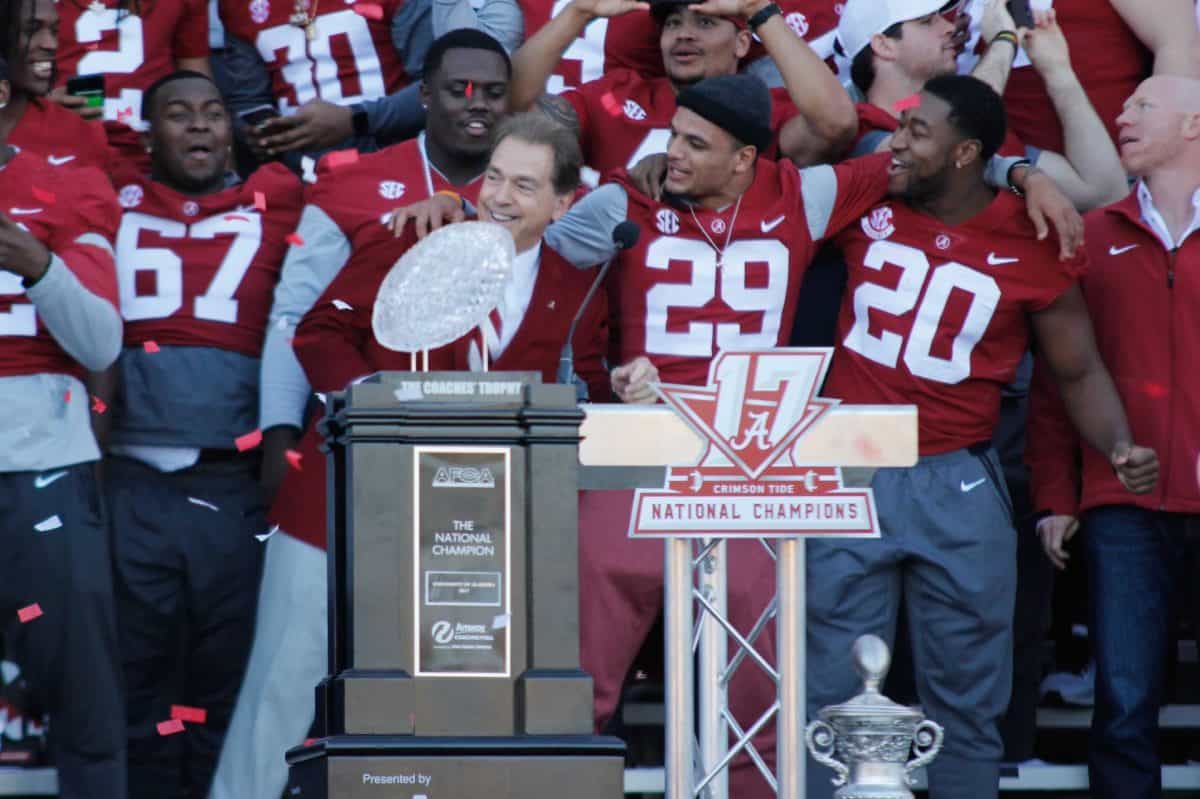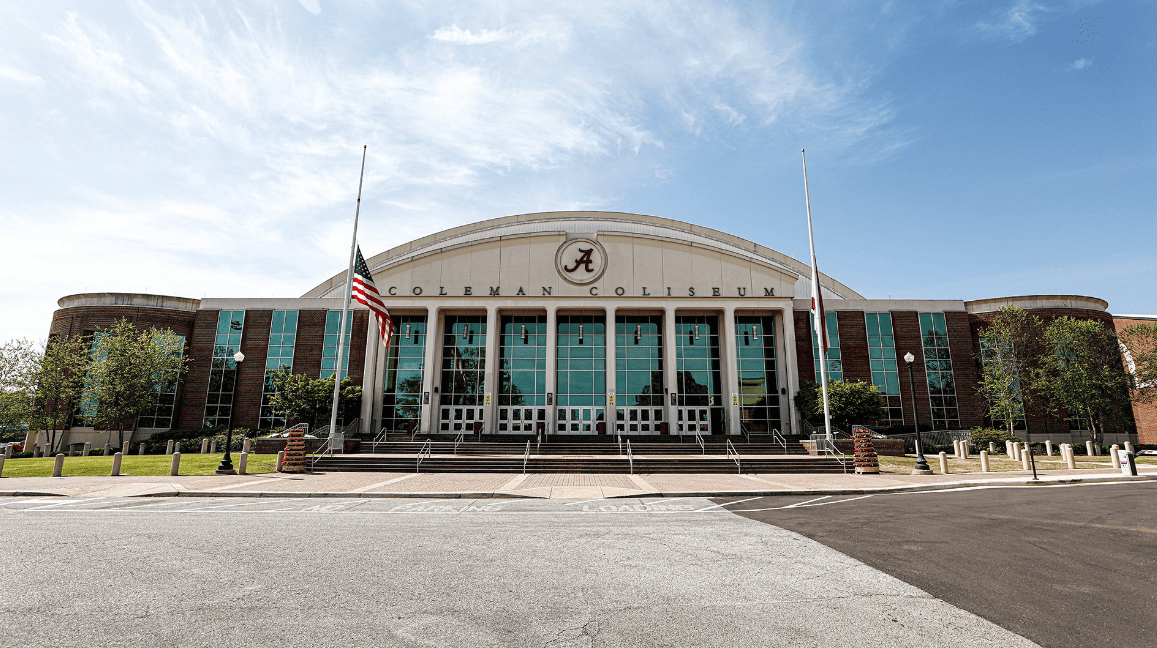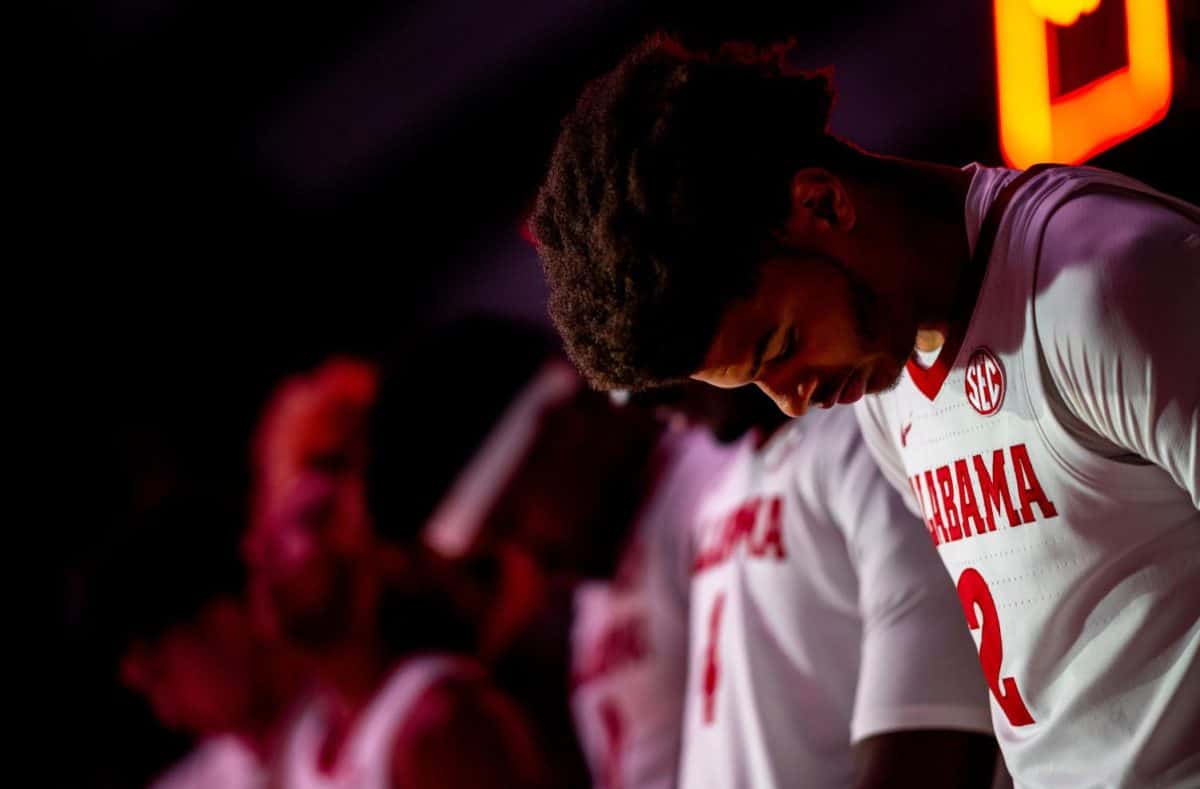We’re all excited about this upcoming Friday and the freedom that comes with spring break, but for some theater and television enthusiasts there is another reason to count the hours down until this Friday: “Glee.” That’s right, Fox’s Emmy Award-winning TV show that somehow made being in a show choir “cool” has been running for five seasons and will reach it’s 100th episode just as we’re reaching the beach.
Before you jump to any conclusions about me, let me come out and say that I am not a “Gleek” by any standards. In fact, I’m not a fan of the show at all. This will most certainly not be a love letter to Ryan Murphy’s musical award winner, nor will I spend the entire time bashing the show. For better or for worse, “Glee” has made a positive impact on theater and that’s why, whether you’re a fan of the show or not, you have to give “Glee” some props.
Perhaps the biggest thing that “Glee” did was make performing “cool” in high schools. My experience has shown that a huge portion of theater enthusiasts such as myself truly fell in love with theater during their high school years. This is an important time in young person’s life as they try to find a social niche, prepare themselves for a future career and simultaneously express their present feelings. If theater is going to hook future performers, producers and patrons, then high school is without a doubt the time to hook them. This is one area where I feel “Glee” represents theater fairly well. In “Glee” we can see the tight bond all of the club members share, the diverse types of people who are drawn to the stage, the joy that they get from performing.
Of course, “Glee” does not offer a perfect representation of high school performing arts. Unfortunately, “Glee” up-plays the competitive tension between performers and athletes (which I have never seen to be the case) and, like most teen TV shows, depicts far more “drama” than one can find in the standard high school performing arts department. While every theater department has its divas, I can assure you that the majority do not rival those found at McKinley High. However, despite these exaggerated or fabricated qualities, “Glee” did make more high school students consider spending their hours after school on the stage, and that’s always a positive result.
Another way that “Glee” has impacted theater is by showcasing the incredible talent that Broadway has to offer. A large portion of the principle actors of “Glee” (including Lea Michele and Matthew Morrison) were chosen for the show because of their Broadway experience, and some of the show’s cast (such as Jane Lynch) have been propelled into the Broadway spotlight because of their success on “Glee.” A large majority of the show’s guest stars and recurring characters (such as Idina Menzel and Skylar Astin) are of Broadway fame. While I choose not ato watch Rachel Berry and the rest of the kids at McKinley High sing through their angst ridden lives on a weekly basis, I still appreciate “Glee” for what it’s done for theater. Because if the past 100 episodes have introduced even one young artist to the magic of theater, then I say bring on 100 more.






